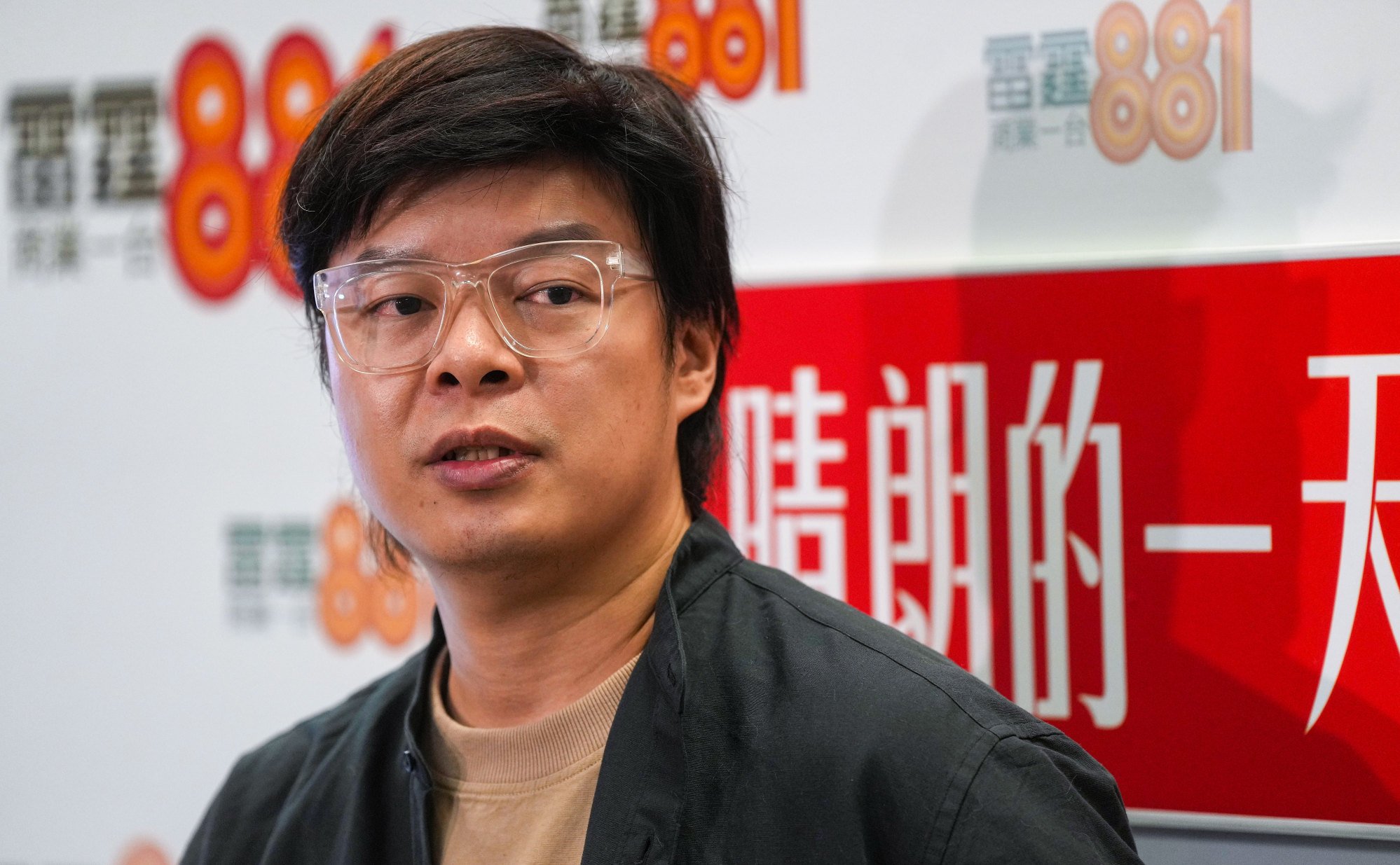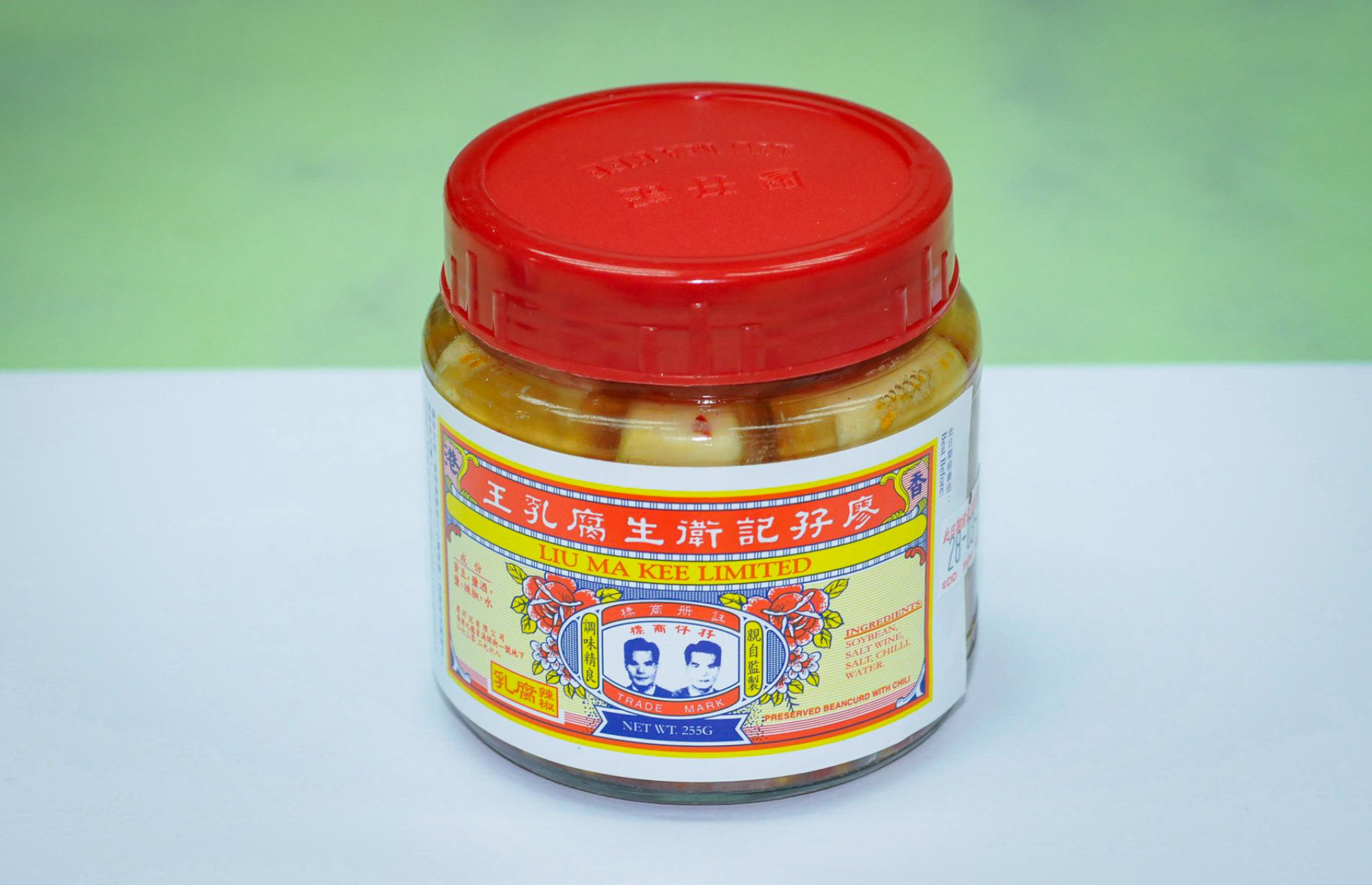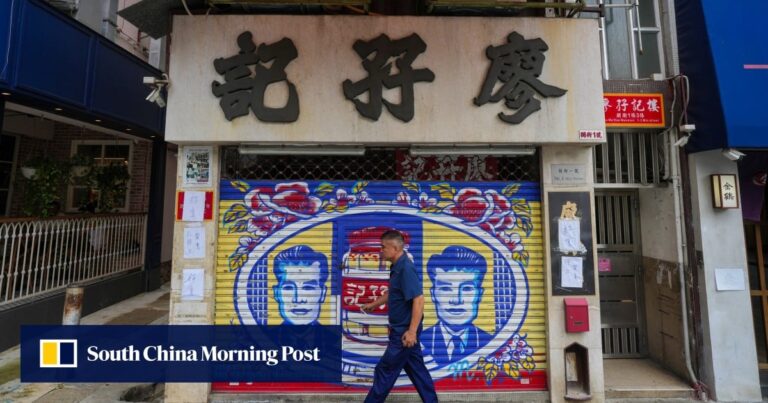“The white tofu was not produced by Liu Maji, the authorities have told the truth. It was imported from another manufacturer,” he said on a radio show.
Liu said his family started importing tofu about 30 years ago because they were unable to meet tougher sewage treatment regulations.

He added that even with expensive treatment equipment, the acidic water that is a by-product of the fresh tofu production process cannot be diluted and discharged.
But his parents at the time wanted to continue the business and chose to import fresh tofu from the mainland, he said.
Lau insisted that his company’s products are still made in Hong Kong, as “acknowledged in government documents.”
He added that the entire production process involves five to six more steps, including further fermentation, flavoring and bottling, which are carried out within the city.
Still, Liu acknowledged that some customers might mistakenly believe the products were made in Hong Kong from start to finish.
The company faced further criticism on Saturday after food safety authorities revealed that it was importing preserved tofu rather than producing its own, adding additives to it under poor sanitary conditions and then reselling it.
The Yau Ma Tei store suddenly closed last week, and a member of the family went on television to dispute the government’s findings, accusing authorities of “putting the store to hell overnight” and destroying customer trust in the brand.
Liu said Monday that he was frustrated because his mother had tried for years to keep the business afloat.
“I would like to apologise to the staff at the Food Safety Centre. I am sorry. We at Liu Maji have done a lot but we overreacted,” he said.
He said producing fermented tofu is not as easy as people think, stressing that the city’s hot climate makes production and storage even more difficult.
“Without preservatives, it’s very difficult to stay within the limits. [of bacteria levels]”Water vapor generated by rising temperatures also affects product quality,” Liu added.
Liu also said he could not guarantee that stores would have enough air conditioning, warning that high temperatures in the city were a challenge.

He acknowledged the recent turmoil had been “the last straw”, adding that it was his mother who made the decision to close the family business.
With more shops in wet markets closing, business has become even more difficult, Liu said.
However, his latest response is yet to win back sympathy from internet users who expressed their dissatisfaction on the company’s social media accounts.
“If they made a mistake they should admit it. Closing the store is not the best thing to do. They should at least grant customers who want a refund,” said internet user Zaikas Li.
“The fermented tofu is not what you made. How can you be so sure that you made it?” said another user, Kevin Chan.
“They should have come clean 30 years ago. They’ve been lying for 30 years,” said a user named Jade.
“There’s nothing wrong with selling processed foods, but their products are expensive and they’re liars. They have an integrity problem.”

